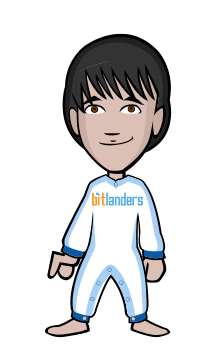Every day, Ali Akbar and his team drive from village to village to check on how the villagers are faring in this remote part of Thar. They are determined to provide clean drinking water to countless hamlets that dot this desert.
Their first stop is the village of Samoo Rind. For their everyday needs, the villagers here rely on underground water which is contaminated with high levels of fluoride and hence unfit for human consumption. Consequently, people are crippled and disabled with multiple health issues.
Ali Akbar brought a doctor with him to advise the villagers on how to deal with their ailments. “We use a variety of ways to convince people to drink clean water. Calling in doctors is one of the ways to try and convince villagers that their illnesses are caused by water,” he says.
A son of the soil returns to Thar to raise awareness and funds to make his dream of ‘clean drinking water for all’ a reality
According to the World Health Organisation, water contamination levels should not exceed 1,200tds (total dissolved solids). In Thar, the contamination level is over 4,000tds. This amount can be fatal.
See: Thar: Drought or disaster?
As the doctor moves from patient to patient, ailments change. Some villagers have no teeth, others have kidney problems, still others are crippled while some have had to have their limbs amputated.
Ali Akbar’s next stop is the village of Mao Akhayraj where the villagers are divided on the basis of beliefs, caste systems and class. Since they don’t sit together with one another, it makes his task even harder. Here the villagers believe that their health is affected by supernatural elements rather than physiological conditions. As though they have been cursed and can be cured by prayer.
Ali Akbar knows that it will take time to shatter this long-standing myth. This time he doesn’t bring a doctor but a villager from Samoo Rind with him.
In 2003, Ali Akbar realised that the water in his area was salty and unfit for consumption. “I would often see birds drinking the water and dying,” he says. “I realised something had to be done.”
“My companion is from Samoo Rind, his name is Jiyendo Khan. He is unwell, just like you. He will now tell us about his illness. And tell us about various treatments he underwent.”
Jiyendo steps forward and as if on cue begins:





